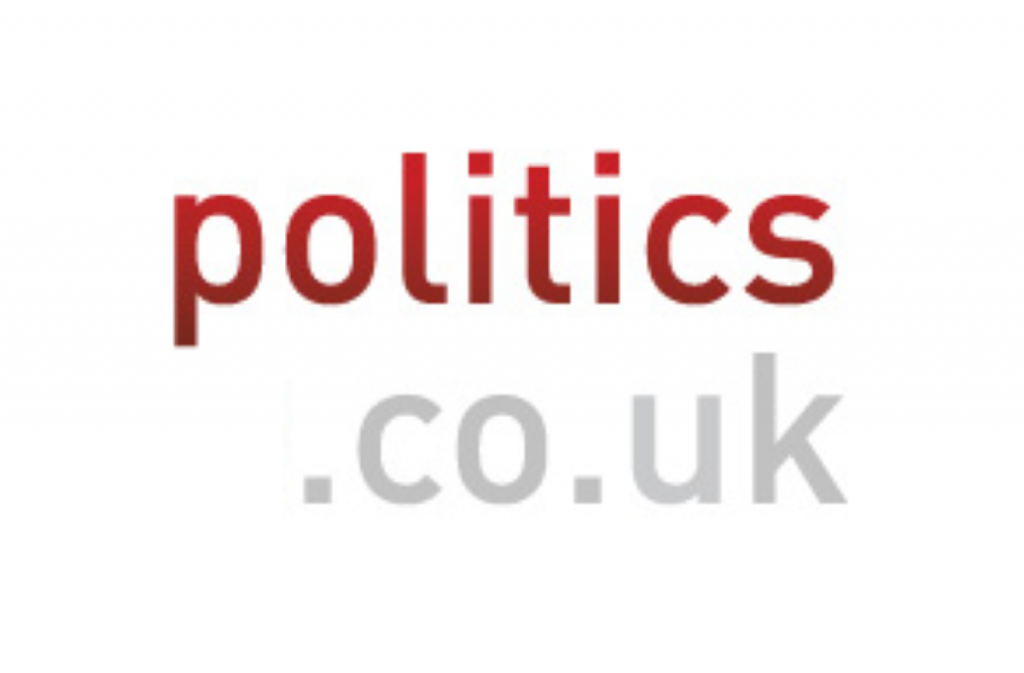US calls for removal of Iraq sanctions
The US administration has called for an end to international sanctions against Iraq.
A draft resolution, jointly put forward by the US, Spain and the UK, is due to go before UN Security Council members this week, according to American officials, and would allow Iraq to start exporting its oil.
The move comes after President Bush announced yesterday during a press conference with the Spanish premier, Jose Maria Aznar, that the United States’ own sanctions against Iraq would be removed, allowing the export of equipment to Iraq to help with its reconstruction, and
allowing American companies and citizens to conduct business in Iraq.
The president claimed that the UN sanctions, which have been in place since the Gulf War, were imposed against a regime that is no longer in control, and he added that “no country in good conscience can support using sanctions to hold back the hopes of the Iraqi people”.


The resolution is expected to call for the oil-for-food programme that operated under the sanctions to be phased out gradually, allowing Iraq to take charge of its own trade arrangements.
It is expected that there would, however, be an international advisory board, to audit the spending of Iraq’s oil revenue, and ensure that it was being invested in the reconstruction of Iraq and its public services.
The oil-for-food programme was recently extended until June 3, and it is believed that the US administration would like to see the new resolution passed before that date, in order to ensure that the process of reconstruction and humanitarian aid does not stall.
However, some Security Council members have expressed concerns about lifting the sanctions before an Iraqi interim authority has been put in place.
They are also concerned about the lack of control that the United Nations has in Iraq, although the resolution is also expected to outline plans for more UN participation in the reconstruction of the country.
But Colin Powell, who briefed UN Secretary General Kofi Annan on the resolution, was in diplomatic mood this week, hoping to mend bridges with anti-war countries such as France Russia and Germany.
“Whatever is in the past is in the past. We are not now talking about a matter of war. We are talking about a matter of peace,” he said, according to Reuters.

